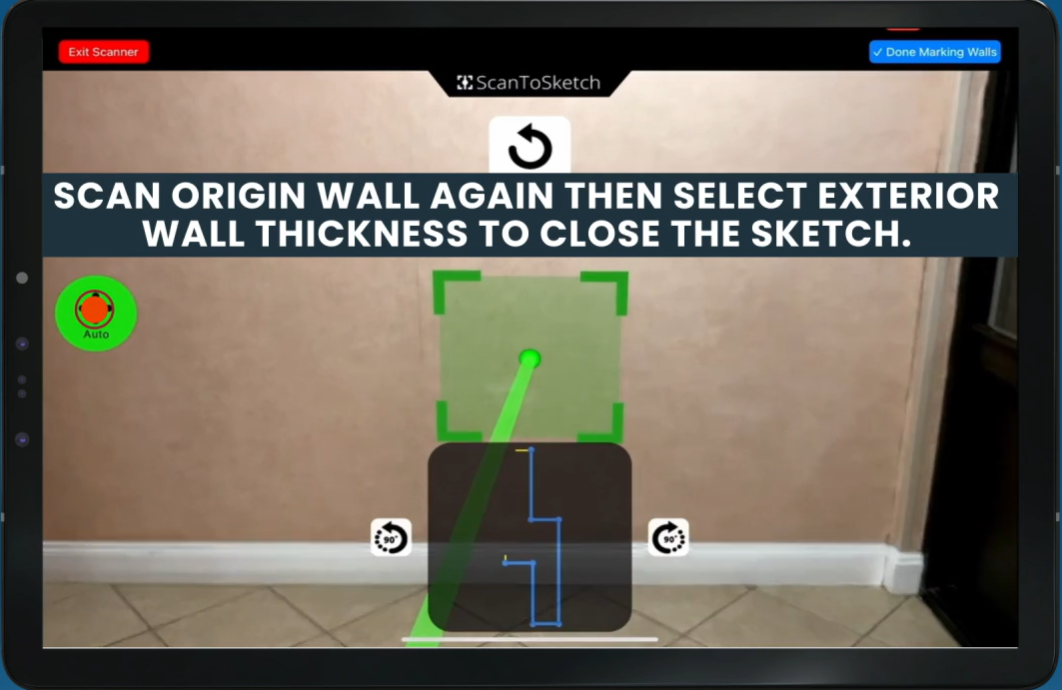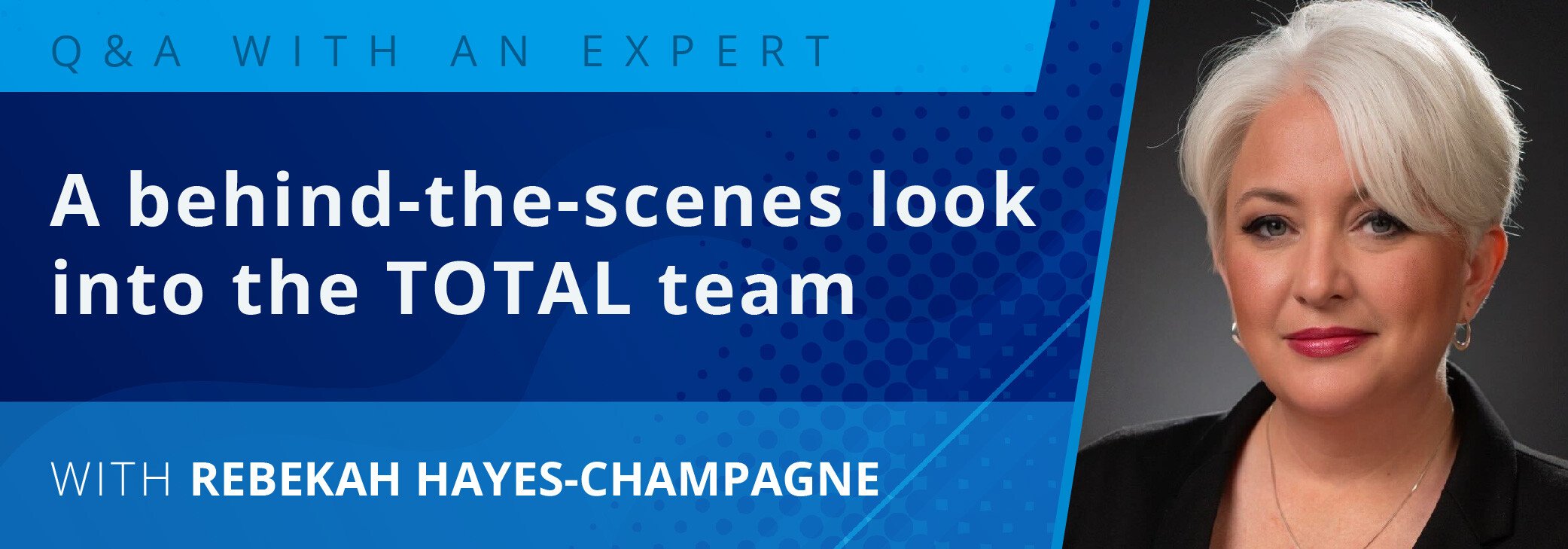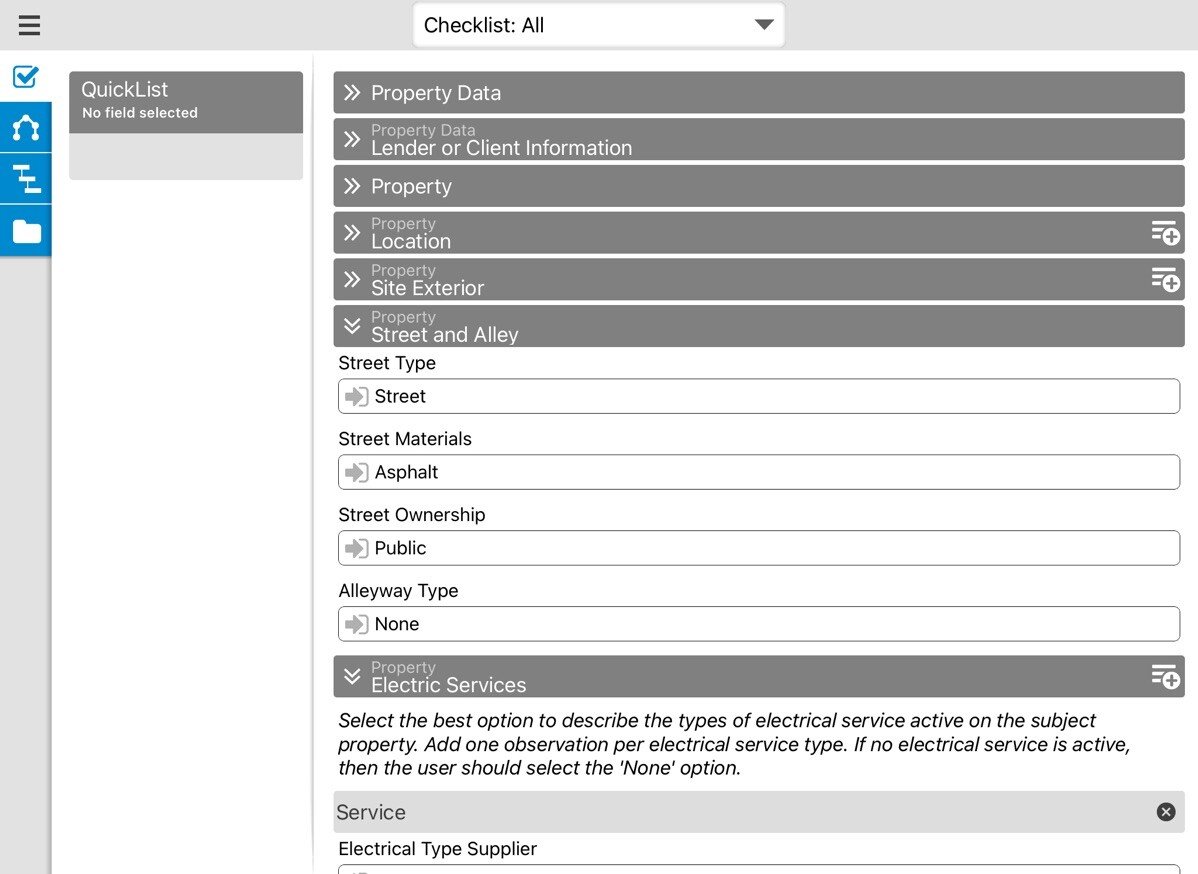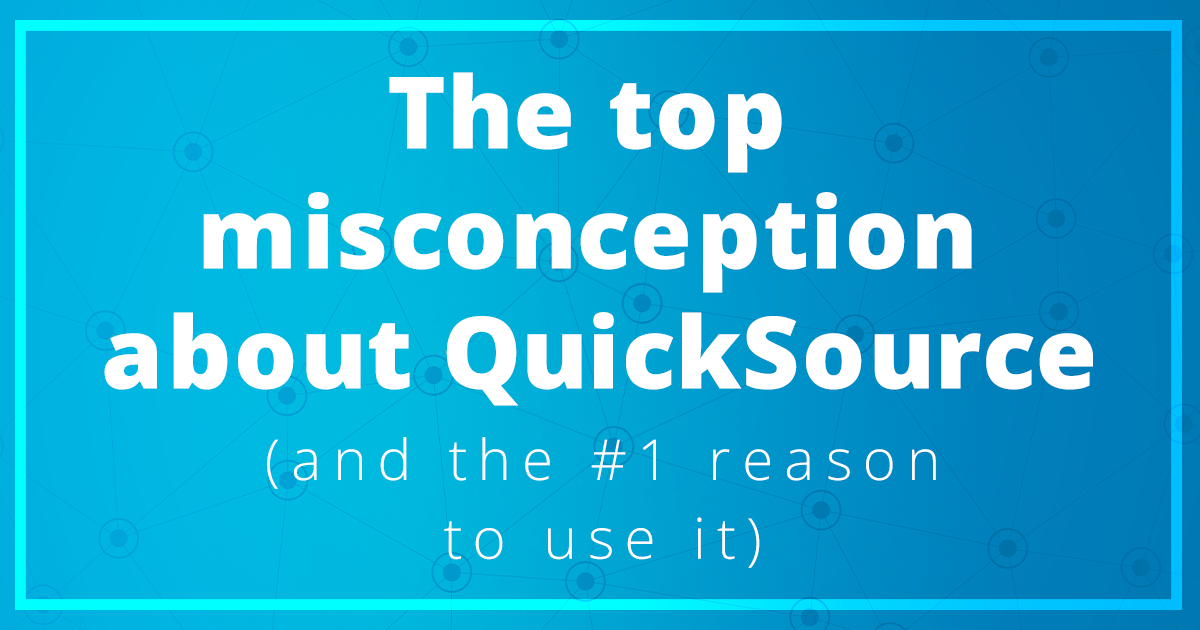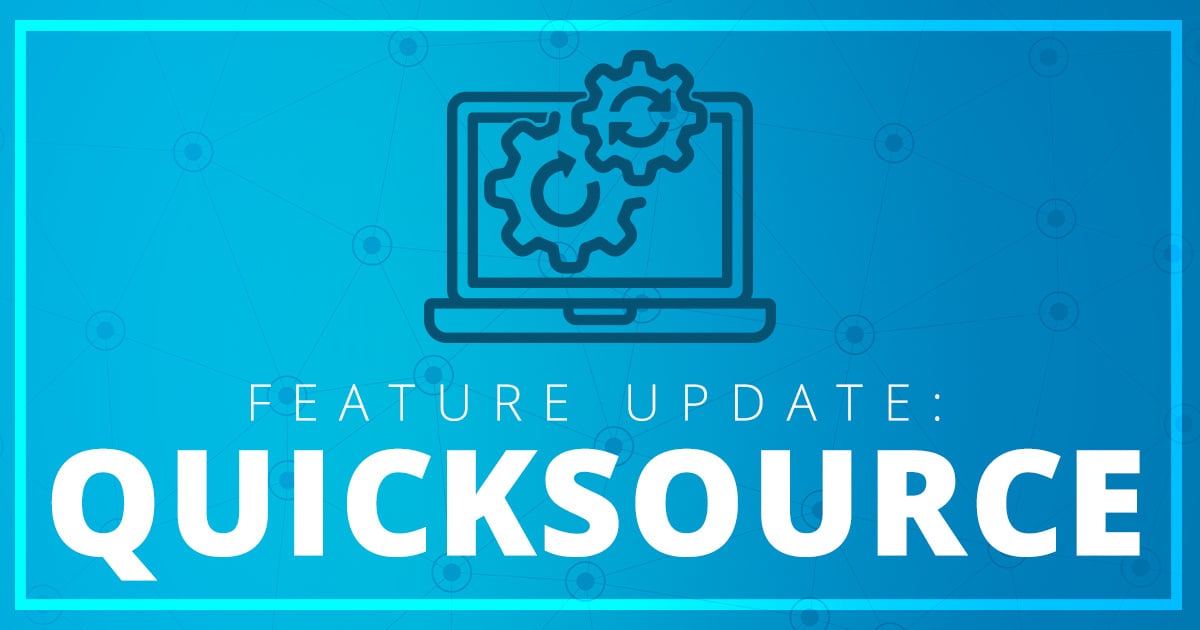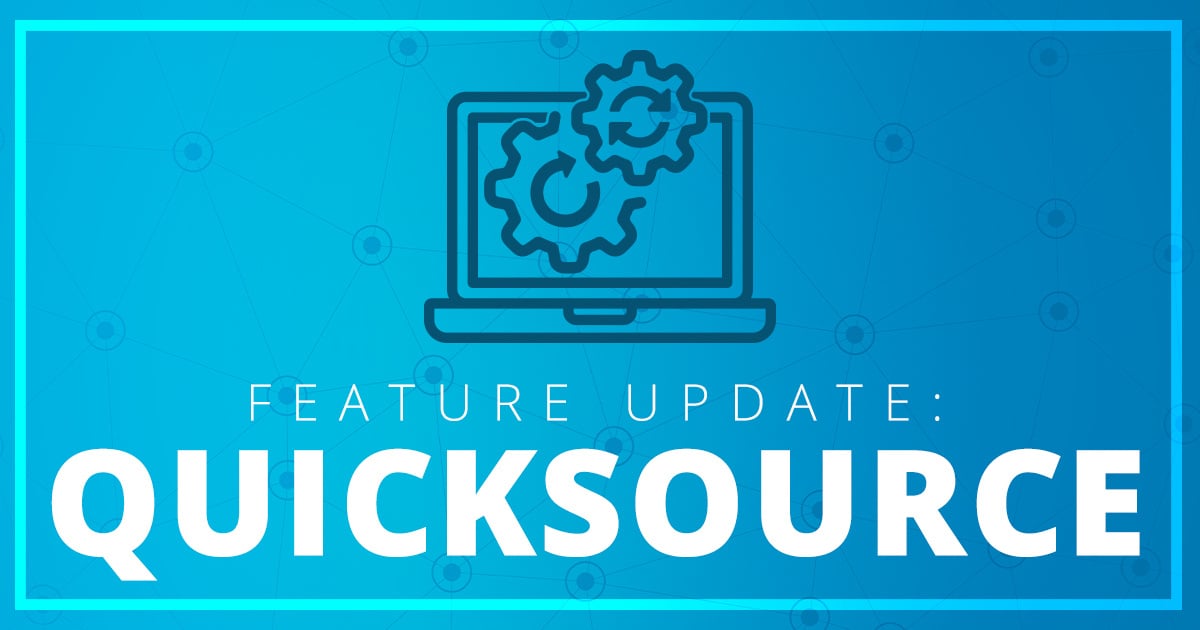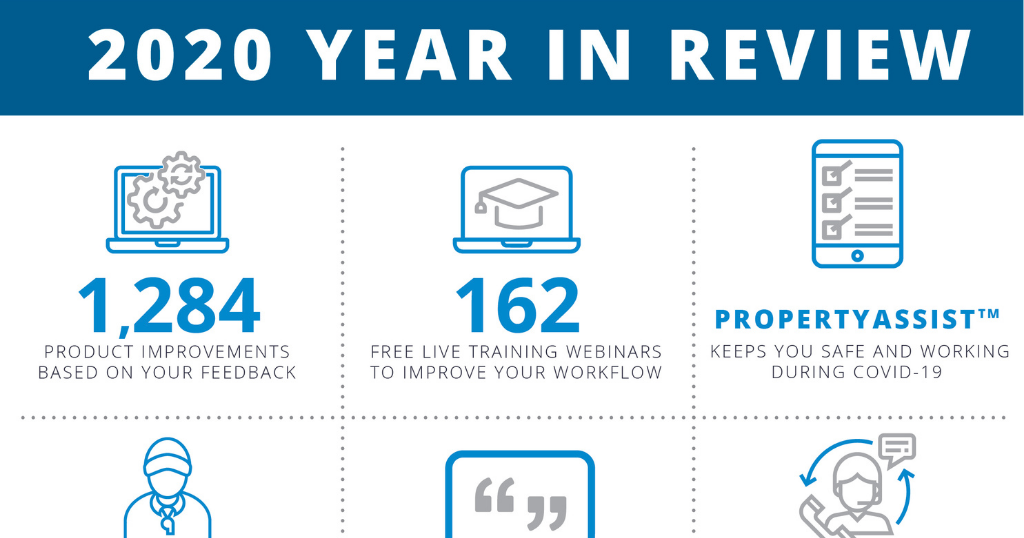Last week, Washington Mutual, still among the top three mortgage originators even after a precipitous fall from the top spot, said it had cut 2,400 jobs at the end of the second quarter and planned to lay off another 2,500 by year's end, all from its mortgage operations. The nation's largest thrift continues to perform well in all areas but mortgage, which dragged the megabank's earnings down in the second quarter.
All lenders are feeling the hangover from the most sustained period of mortgage volume in history. In important ways, though, this boom and its aftermath are no different from the many that preceded it. As booms recede, lenders feel the pinch far more than appraisers. Rate-driven booms like the recent one lead to a lot of refinance activity and home equity loans. Many low LTV refis and home equities are no-appraisal or even no-doc loans. As rates rise, refinancing dries up. But rates are only part of the equation for homebuyers. This week the National Association of REALTORS® reported that June set yet another record for home sales, even as lenders like WaMu were slashing jobs.
Rising rates aren't WaMu's biggest problem, in any event. Rates continue to fall recently, for one thing; for another, Countrywide Financial, another top three mortgage originator, reported a $700 million profit in the second quarter, up 83 percent from second quarter of 2003. But mostly, they're not WaMu's biggest problem because WaMu says they're not.
Chief Executive Kerry Killinger blamed "an unacceptably high cost structure" in the mortgage operations. "Until recently, we did not fully comprehend the depth and breadth of these issues and their impact on the profitability of this business in a contracting market," he said. Its undeniably unique costs, acceptable during historic periods of mortgage origination volume, become a drag on profitability when business slows.
WaMu, under the guidance of former Chief Appraiser Sue Potteiger, invested heavily in the engineering and deployment of its proprietary valuation engine, OptisValue, driven by AI Ready data through AppraisalPort, a collateral management system developed by FNC. Rather than paying appraisers to do business however they're most efficient, WaMu and FNC sought to have appraisers do business their way, aggregating their appraisal data for later re-use by other appraisers as well as automated valuation systems. And charged appraisers five dollars a pop (for residential assignments) for the privilege.
Whether this investment and overhead is part of the "unacceptably high cost structure" that's been dragging WaMu's mortgage operations down is unknown, but its systems certainly differentiate WaMu from other major mortgage originators like Countrywide, Wells Fargo and Chase. WaMu-approved appraisers are strongly encouraged – on pain of loss of "priority" in assignments – to produce reports in the AI Ready format, and receive assignments and transmit reports through AppraisalPort, allowing for later data re-use.
Now, more than ever, the key to efficiency and turn time speed is having the flexibility to work with as many qualified appraisers as possible, receiving reports that are USPAP-compliant, square with secondary market investors like Fannie Mae, and meet a lender's business rules. In the last few years the entire industry has moved toward opening up the business channels to as many qualified appraisers as possible, not just the ones willing to receive orders and transmit reports through a proprietary website, in a proprietary format useful primarily for data aggregation.
WaMu trimmed its appraisal staff significantly earliler this year, and Potteiger left, too. It's also shut down its wamuappraisal.com and optisvalue.com websites this year. The move to reduce overhead from the mortgage operations in the form of nearly 5,000 additional job cuts is more evidence that closed systems don't produce the most efficient results, in the appraisal arena or otherwise.
Killinger told investors last week that WaMu's mortgage unit will receive a "complete overhaul" and will be profitable in 2005 and an industry leader in profitability and efficiency by 2006. We don't cheer casualties in this war of ideas because if WaMu is doing less and less mortgage business because of its albatross costs and systems, then some of you are getting fewer orders. But we think if the originating giant moves toward a more open, market-driven system of making underwriting decisions and loans, it will be best in the long run for it and its approved appraisers.



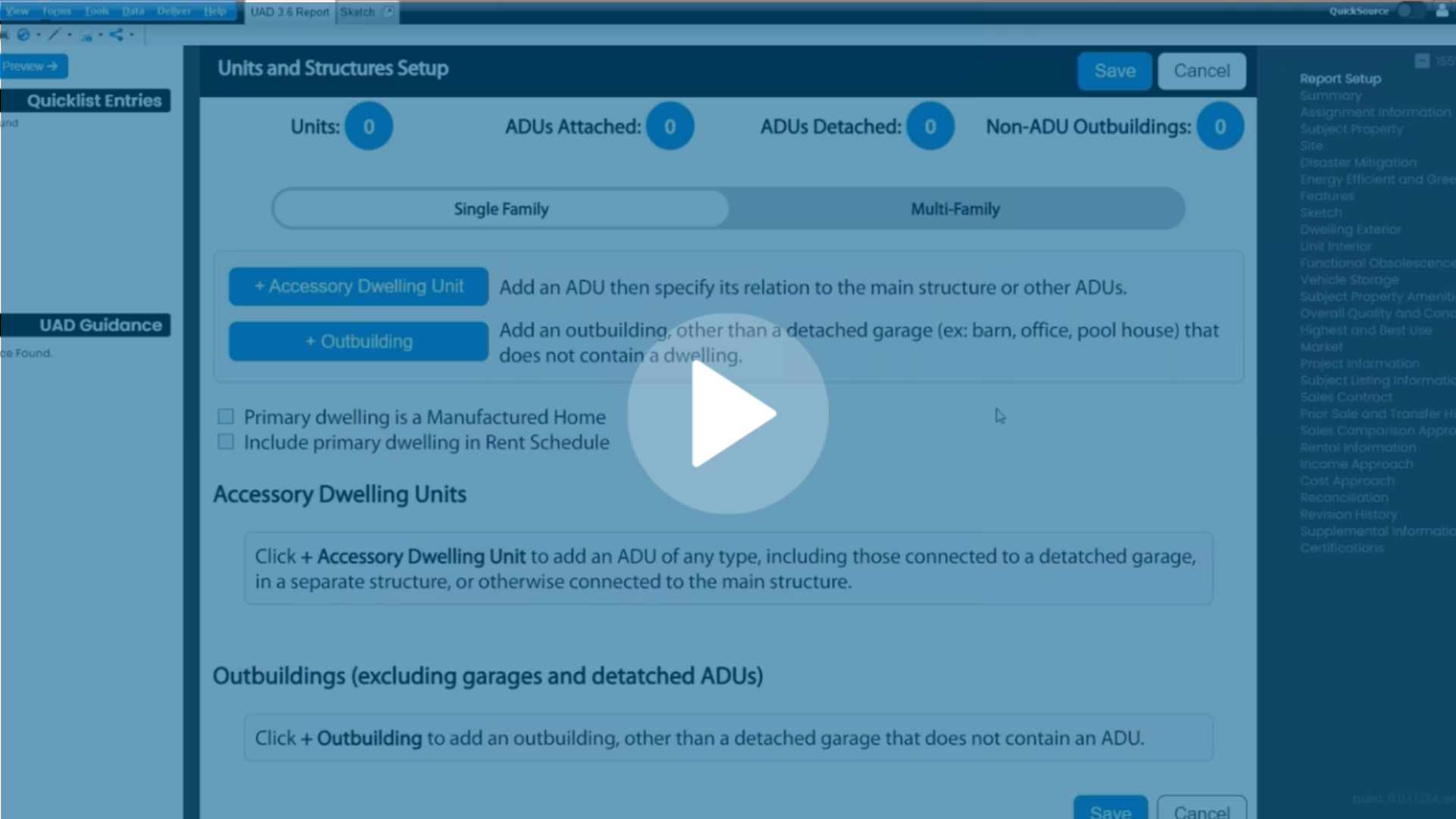
.png)

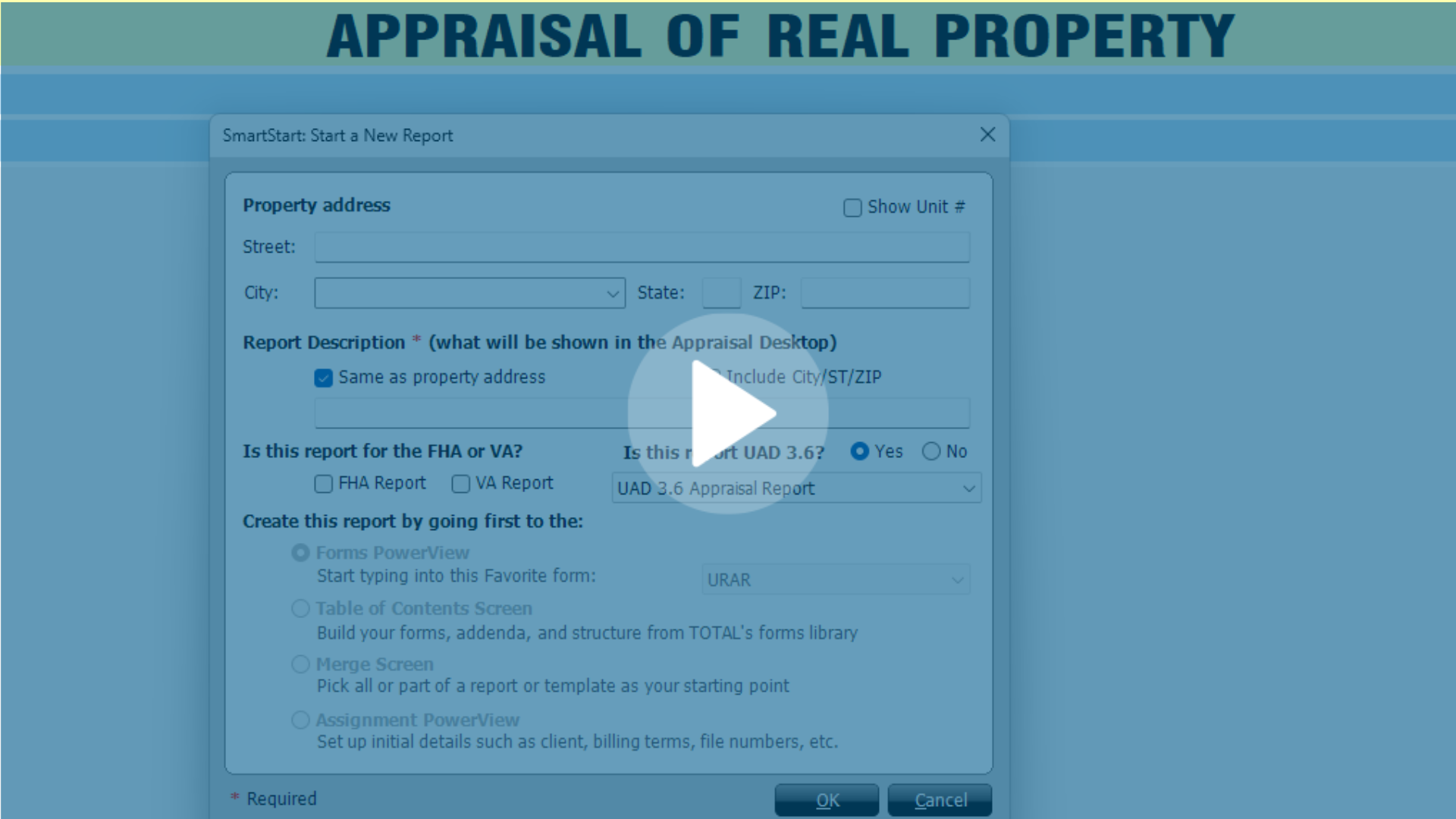


.png)
-1.png)
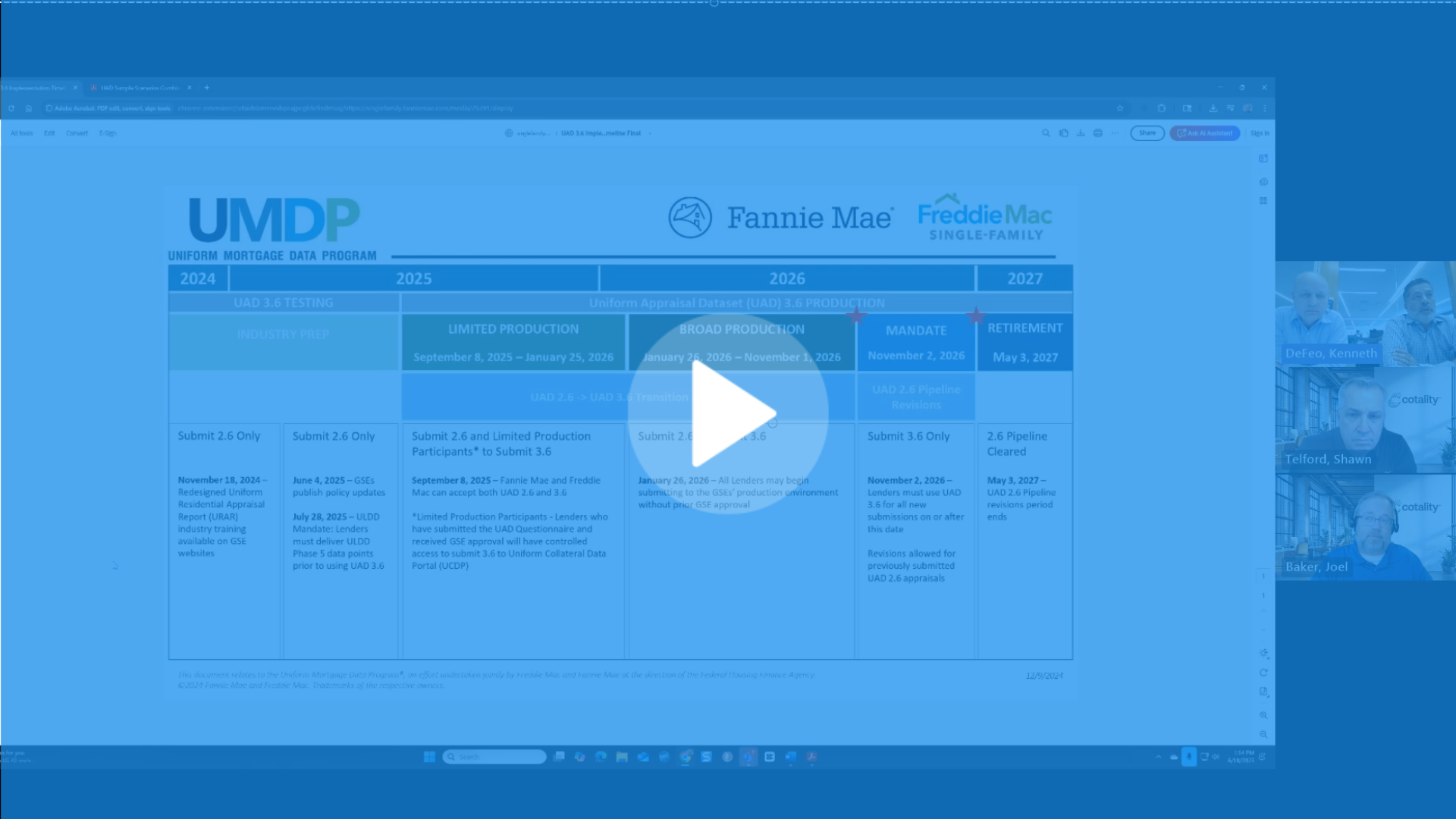
.png)
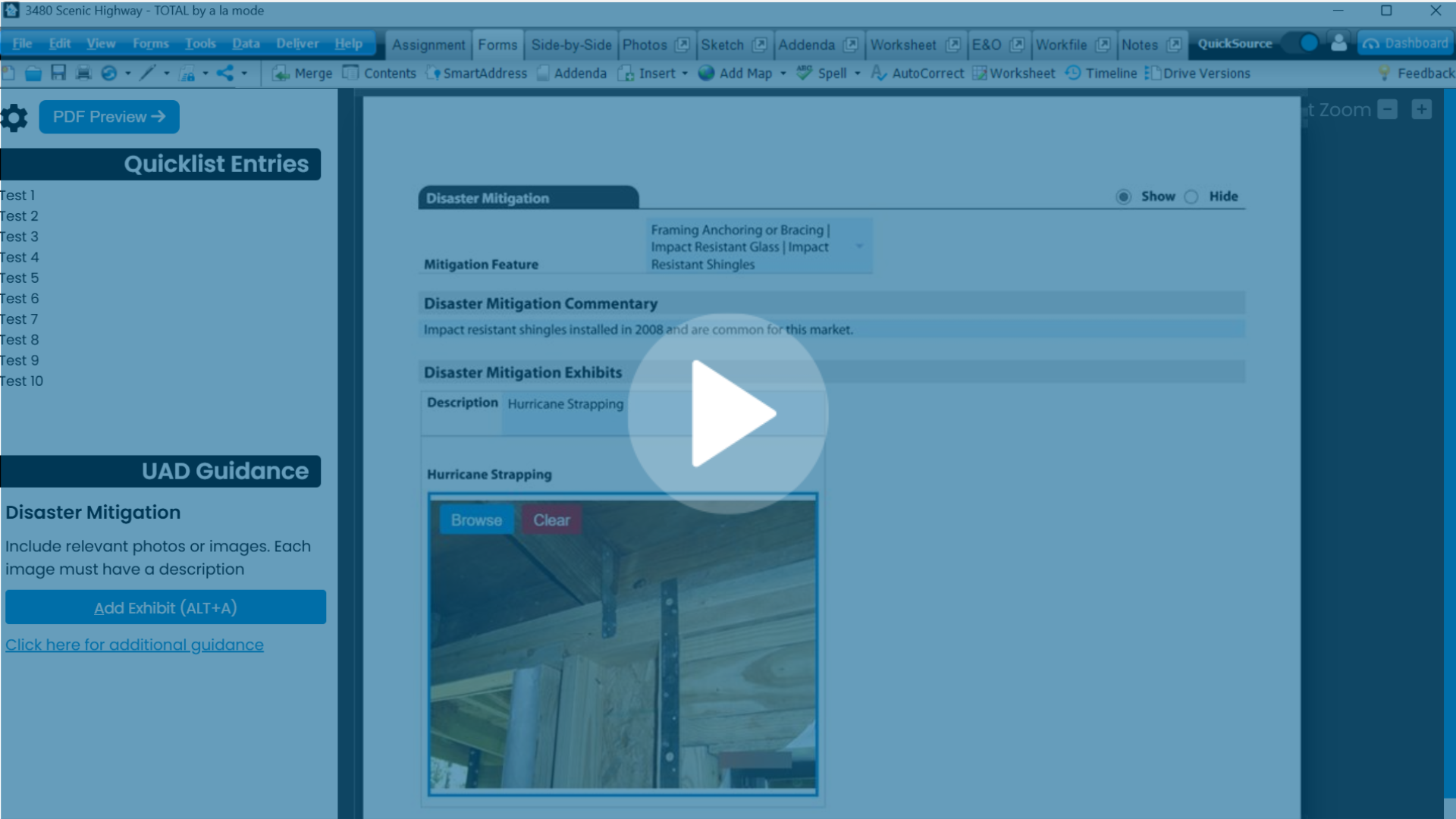
.png)
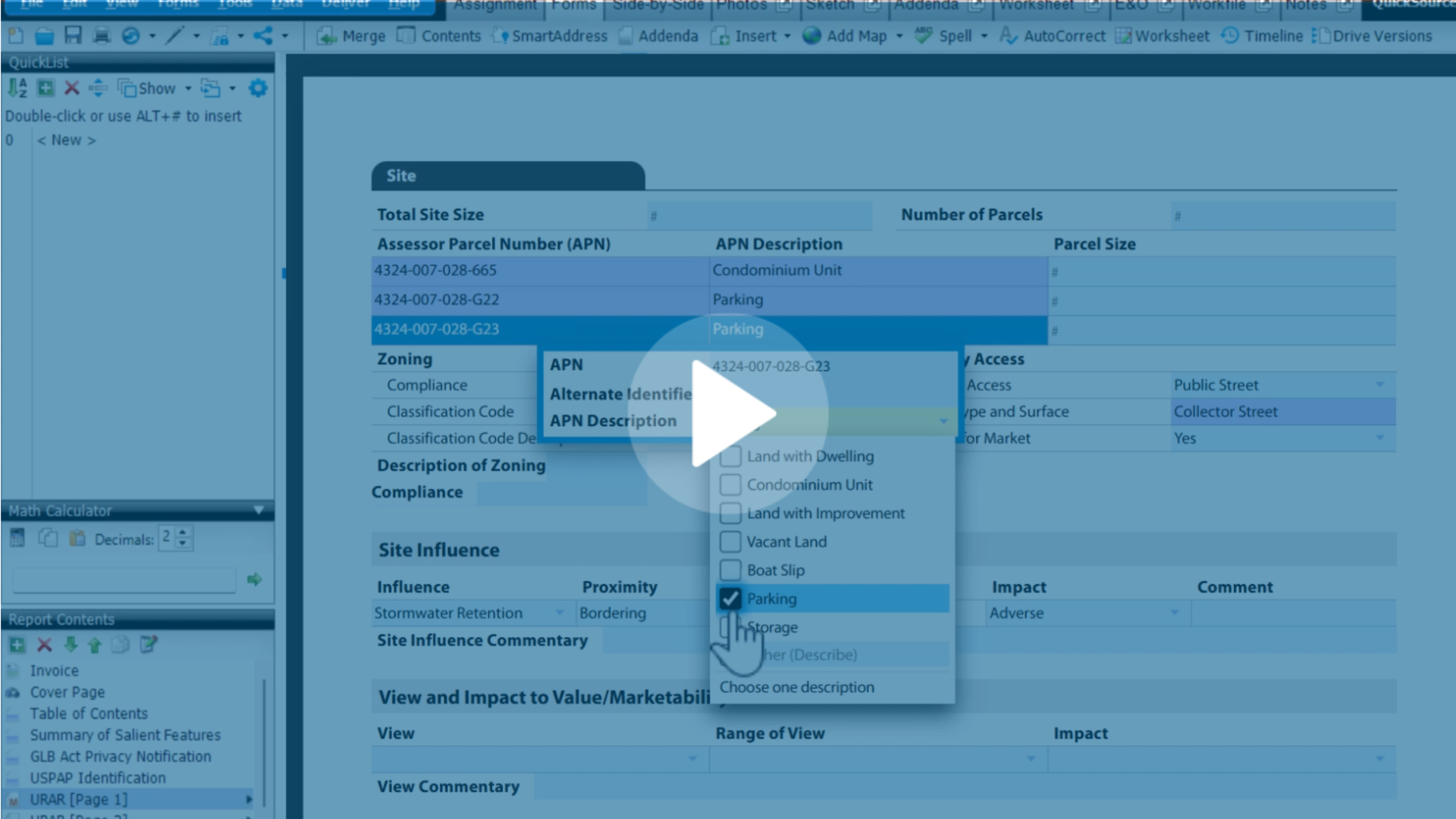
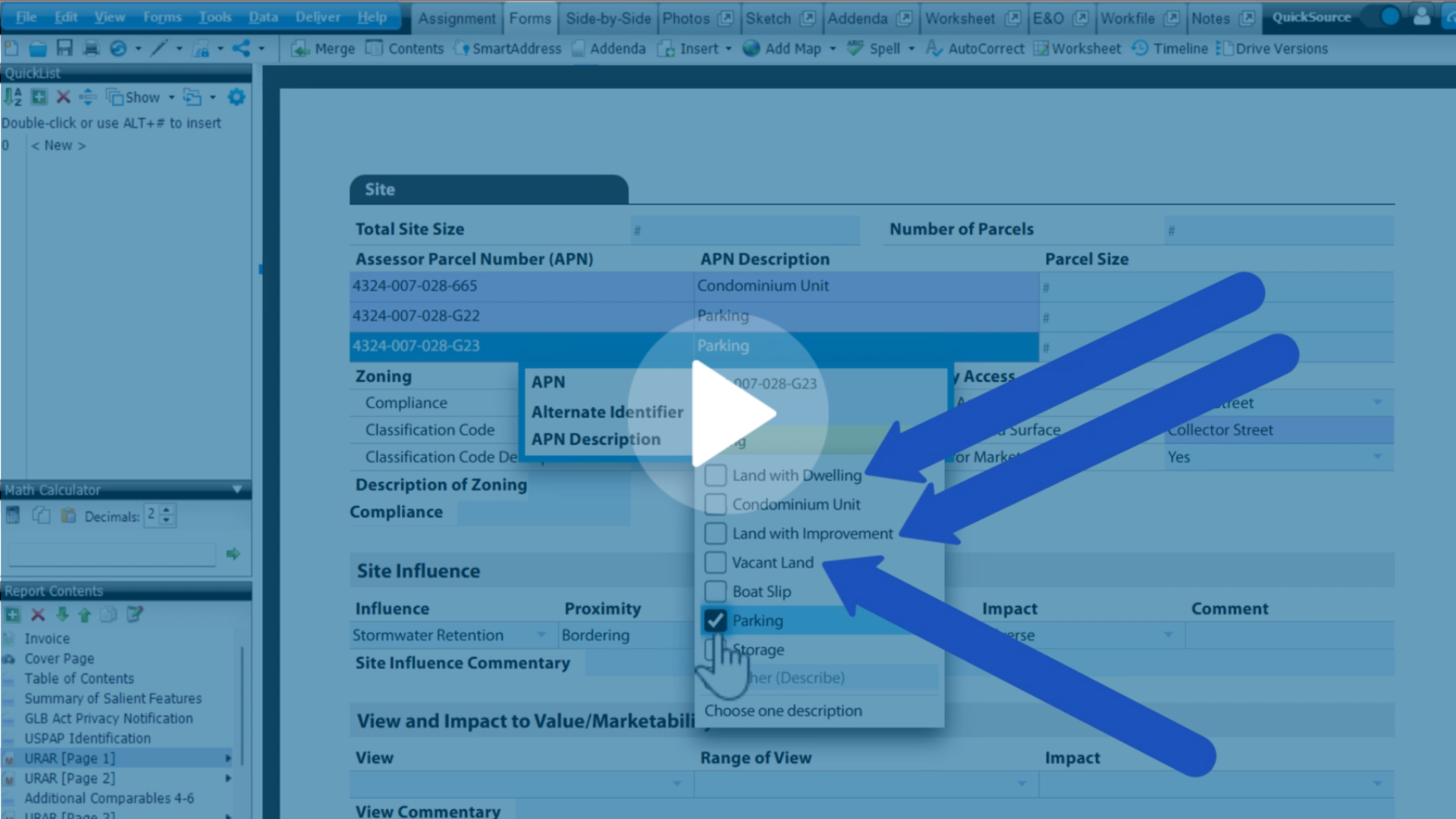
.png)
.png)
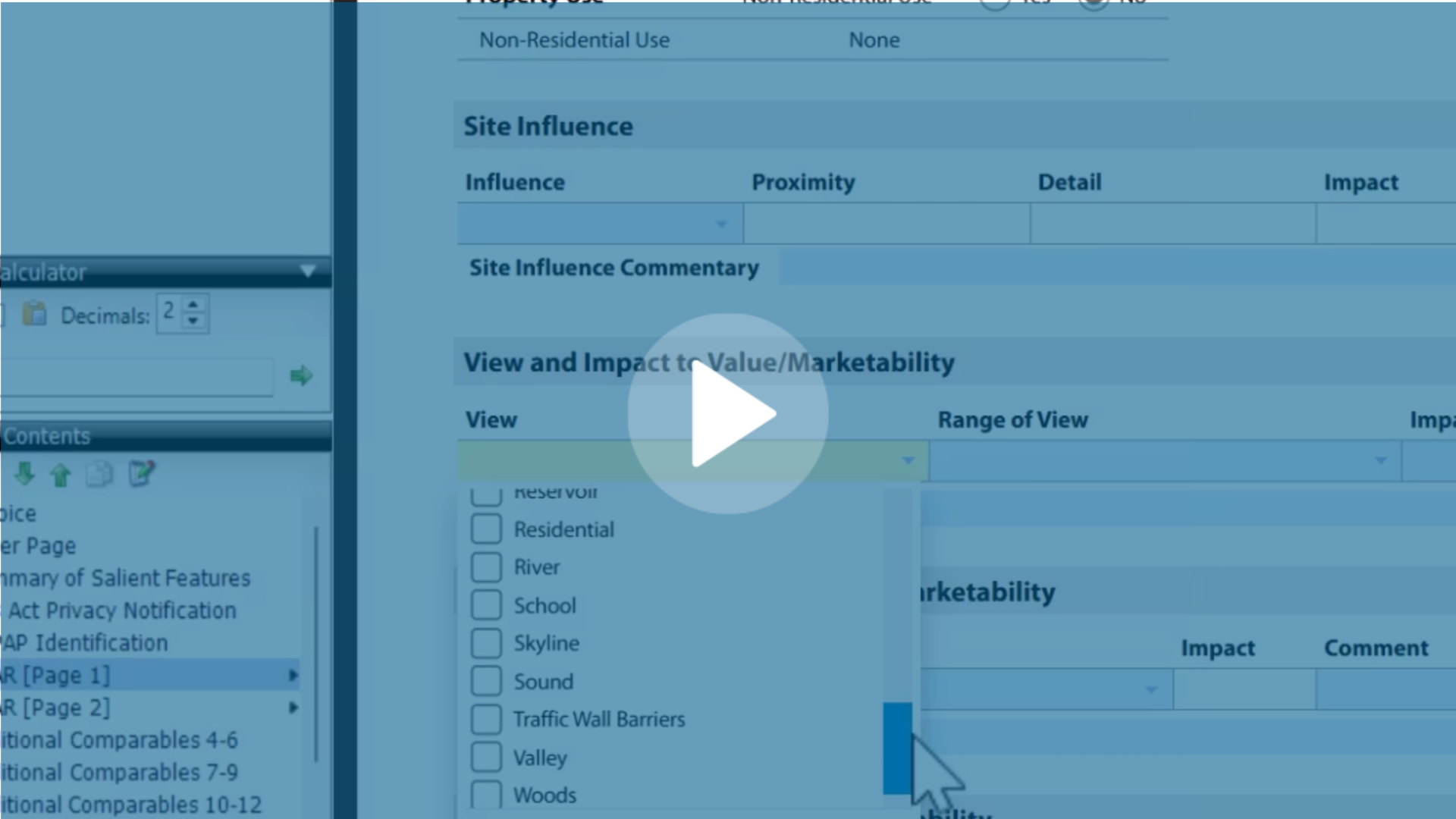
.jpg)
.png)
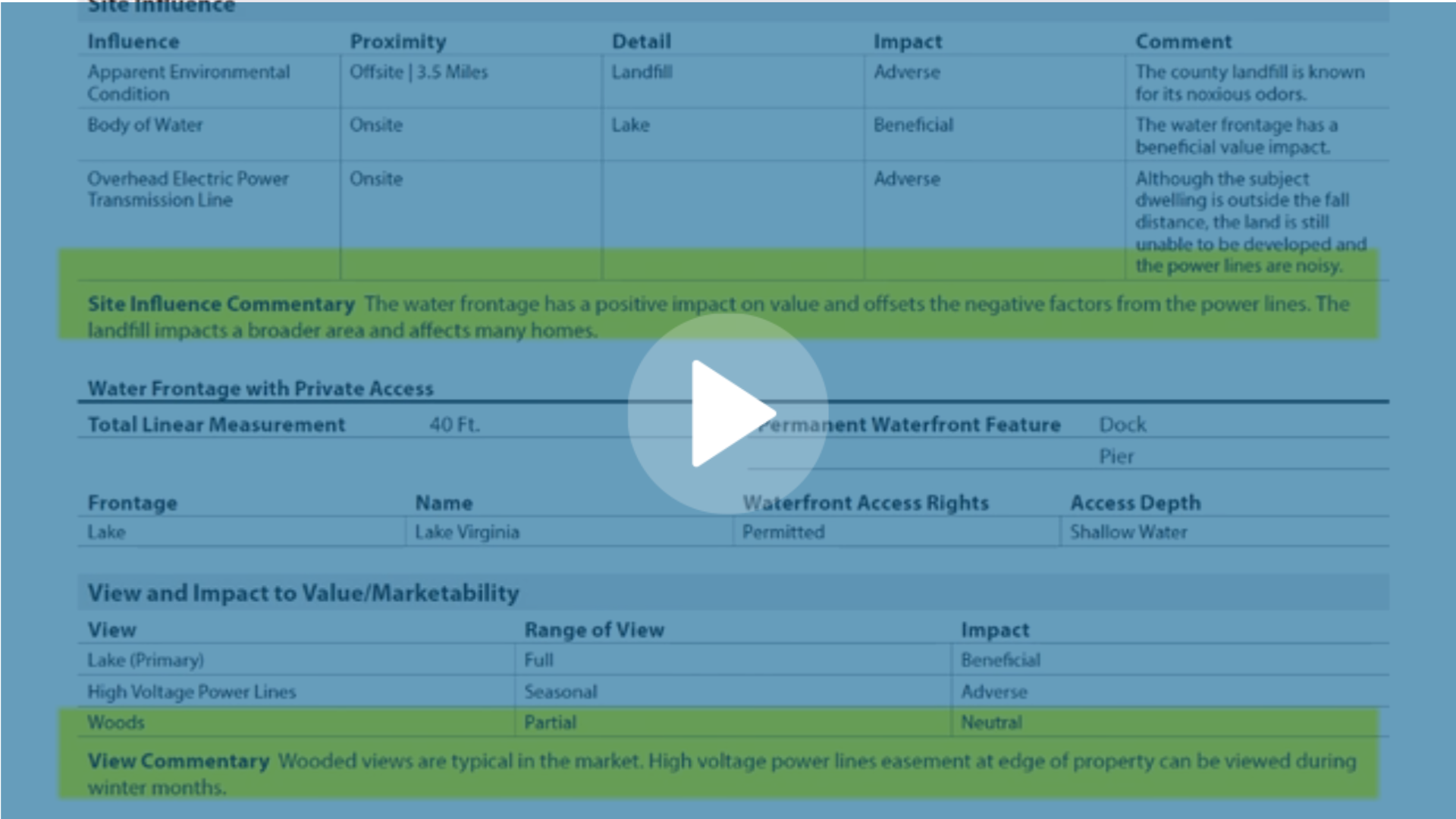
-1.png)



